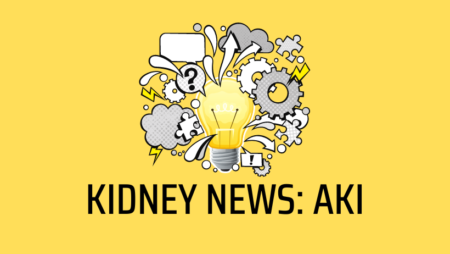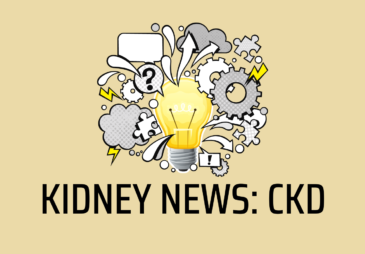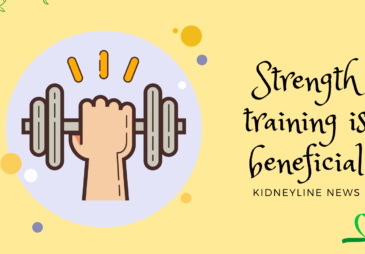QUICK FACTS
- Acute kidney injury (AKI) frequently complicates acute illnesses and may lead to death or chronic kidney disease (CKD).
- Endothelin activity may be linked to progressive kidney injury.
- Endothelin blockers may prevent the progression of AKI to CKD.
Acute kidney injury is a sudden drop in kidney function. It complicates many medical conditions and may occur following exposure to toxic agents. For example, one review of more than 49 million patients hospitalized for an acute illness found that AKI occurred in 1 in 5 adults and 1in 3 children.
When AKI coexists with other medical conditions, it can worsen the outcome, and critically ill patients are particularly vulnerable. Although AKI is reversible, it is potentially life-threatening and may lead to death. Some other times, AKI may progress to chronic kidney disease with patients needing maintenance dialysis or kidney transplant.
There have been several attempts to find a treatment for AKI and reduce the progression to CKD. One study suggests the key may lie in a group of small proteins called endothelins that narrow blood vessels and increase blood pressure.
A team of researchers in Edinburgh suspected an activated endothelin system played a role in the progression of AKI to CKD when they observed higher endothelin levels in patients with AKI.
To investigate their theory. They induced AKI in a group of mice. Just like in humans, these mice had elevated endothelin activity. Thereafter, the researchers observed injury and scarring in the kidneys. When they gave an endothelin A blocker, the blood pressure and small blood vessel changes improved. However, administering a dual endothelin A/B blocker did not give the same response. Neither did control of blood pressure alone.
Endothelin A is found predominantly on smooth muscles. The researchers found that administering endothelin A blockers to the mice early after kidney injury and for four weeks after prevented the transition of AKI to CKD. Their study suggests that increased endothelin activity plays a role in AKI and that using endothelin A antagonists may confer benefits and reduce AKI complications.
Further studies are needed to explore these findings in humans.




